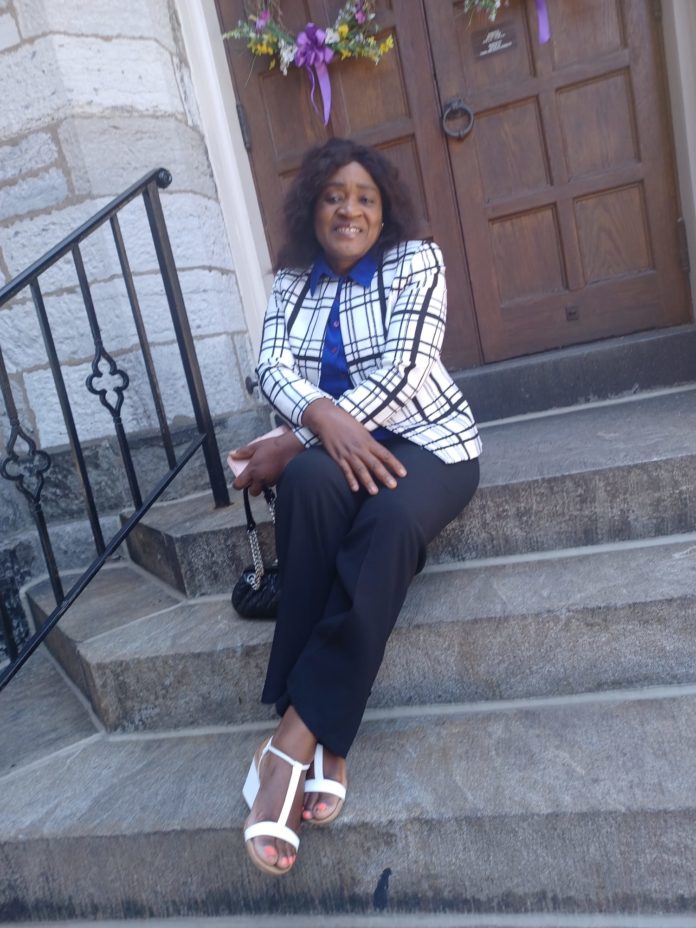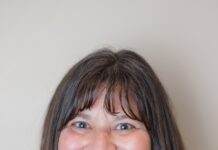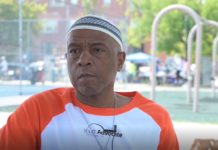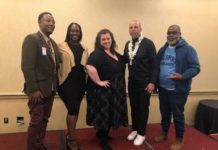Harrisburg, Pa. — Twelve years after getting a job at Youth Advocate Programs (YAP), Inc. as a Behavioral Health program therapist, Frida Shu reflects on her journey and sees why her work comes so naturally.
YAP is a national nonprofit in 33 states and the District of Columbia that provides more effective community-based services as an alternative to congregate residential youth justice, child welfare and behavioral health placements. Across the country, cities are also making the YAP model part of their community violence reduction initiatives.
Last year, Frida was on the campus of an elementary school to visit with a program participant and heard someone call her name.
“I heard, ‘Ms. Frida; Ms. Frida.’” The voice sounded familiar. “When I looked up, I couldn’t believe it,” she said. The voice belonged to a young woman in her mid-twenties.
“She was the first person I ever worked with at YAP back in 2011,” Frida said. “At the time, she was battling anxiety and depression. When I saw her and she called me over to her, she was picking up her daughter. I was so happy; I gave her a hug. I’d been wondering about her,” she said. “‘This is my car; I have a boyfriend,’” she remembers the young woman saying as she caught Frida up on how well she was doing.
“I was so happy. I was so proud of her. She was happy, healthy and had a job; and she was behaving! When I met her, she was probably 16 and so advanced socially. Her grandma would cry to me, saying that she hadn’t seen her for days,” Frida said. “I’d advise this girl on how to control her anger and the moment I’d leave, before I got home, she would have already left the house. It was the same way at school. I’d be there with her for three hours and as soon as I left, she was out the door with boys or smoking.”
These days most of the program participants Frida works with face complex behavioral health struggles as well as developmental disabilities-related challenges. She said 85 percent of the young people that she works with are on the autism spectrum and that given her personal story, it makes sense that her job comes almost second nature.
Born in Cameroon, Frida, her husband and three young children moved to the United States in 1999, among the 50,000 immigrants selected that year through the Diversity Immigrant Visa Program lottery. They lived for several years in Camden, N.J. where her husband’s former college classmate served as a sponsor for the family and helped Frida and her husband establish their lives in the U.S. In Cameroon, Frida had worked as a lab technician and her husband had a government position in the Department of Agriculture.
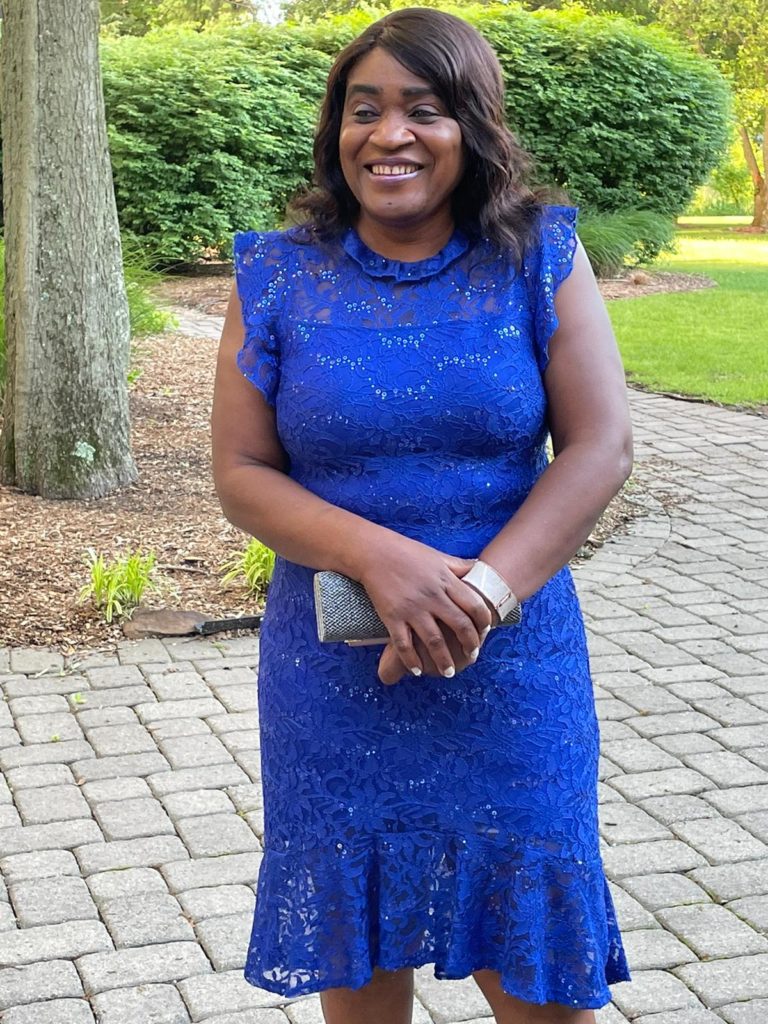
“My first job [in the U.S.] was with home healthcare, working with people with autism and my husband was doing online studies in London,” she said. “After three years, I went to Rutgers University and got my B.A. in healthcare management. My husband got his degree in agriculture and got a job in Pennsylvania working for the Department of Agriculture and now works for FEMA.”
After relocating to Pennsylvania, Frida applied her experience and degree in a new job as a human services specialist, again, working with people with autism, mostly adults. At the same time, she continued her studies, earning a master’s in mental health. Then in 2011, she learned about YAP and its focus on delivering strength-based individualized services that that keep young people safely home in their communities and with their families, as an alternative to placements in congregate care in facilities and correctional institutions.
“I’ve worked with young people who are on every part of the autism spectrum. The biggest challenge is getting them to feel comfortable with communicating freely and to feel confidence in what they do,” she said. “I like it. In a way, I can place myself in their shoes. We’re all human beings. We all have our own thinking; our own value.”
In her work with YAP over the years, Frida is often reminded of her first years in the U.S. While thrilled to be in a country that offers so many opportunities, she found adjusting did not come without challenges.
“I arrived in February. It was cold and getting to adapt to the system wasn’t easy. Things are so different; so organized. It was a lot to learn quickly coming with children ages 9, 7 and 3 years old,” she said. “Daycare, picking them up from school – a lot. Back home, I had a nanny in the house. But we couldn’t afford that here. Yes, a lot of challenges. In time we arranged our schedules and made other adjustments and we got used to it.”
Frida recalls working with a young YAP program participant and his family who immigrated from Mexico and understanding how much her personal background prepared her for her work with them.
“The experience I had; and what I went through; it helps me. I watched what the parents had been through; how for them to be able to handle their job and take care of a child with mental challenges and facing the system — they were dealing with all of that,” she said.
Frida remembers the worry the 7-year-old boy’s parents felt when they came close to losing him to foster care. “The child was acting out during a time that he was with an older child, and they were both at work. They were reported twice and they were so scared,” she said. “I shared my challenges that I experienced when we first came to the U.S. I gave them the idea for how to fix their schedules so that one of them is at home and the other person is at work.”
Frida was proud to be a part of supporting the family and sees the importance of cultural responsiveness, one of YAP’s core competencies, in her work. She also is aware that there is still a stigma attached to mental health needs and feels honored to be a part of YAP’s work to change that.
See job openings and learn more about YAP at www.YAPInc.org and follow the nonprofit on Twitter @YAPInc.

